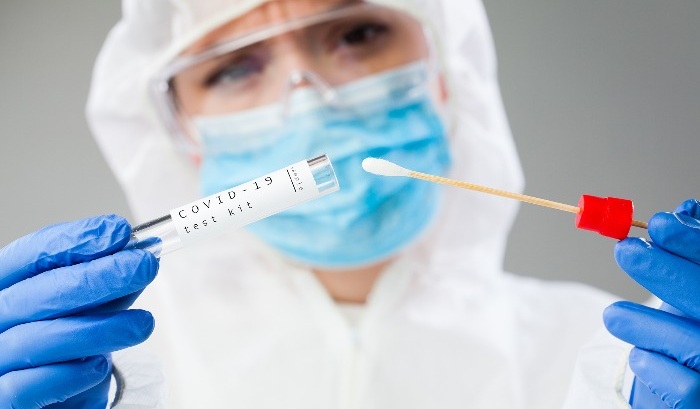The National Institutes of Health (NIH) has awarded nearly $45 million to expand the research network of the Rapid Acceleration of Diagnostics Underserved Populations (RADx-UP) programme, adding 20 institutions and seven states and territories.
RADx-UP aims to enable and enhance COVID-19 testing of populations disproportionately affected by the disease, including African Americans, American Indians/Alaskan Natives, Latinos/Latinas, Native Hawaiians, older adults, pregnant women and those who are homeless or incarcerated. This second round of awards brings the total investment in the RADx-UP programme to more than $283 million at 55 institutions across 33 states and territories and the Cherokee Nation.
These new grants bolster two critical components of the RADx-UP programme to address testing hesitancy among underserved and/or vulnerable populations:
Research on the 1) cultural, ethical, social, behavioral, historical, economic and contextual factors associated with COVID-19 testing; 2) attitudes, expectations and preferences for testing and how test results influence ability and willingness to get tested; 3) interpersonal, institutional (e.g., health system), community and policy factors that affect access to COVID-19 testing.
A collaborative network of community-engagement projects with established programs that have adequate capacity, infrastructure and relationships with underserved communities. This effort will strengthen available data on disparities in infection rates and disease progression and outcomes and improve understanding of differences in testing access and uptake patterns.
The initial round of awards announced on September 30, 2020 also includes a coordination and data collection center at Duke University, Durham, North Carolina.
The Rapid Acceleration of Diagnostics (RADxSM) initiative was launched on April 29, 2020, to speed innovation in the development, commercialization and implementation of technologies for COVID-19 testing. The initiative has four programs: RADx Tech, RADx Advanced Technology Platforms, RADx Underserved Populations and RADx Radical. It leverages the existing NIH Point-of-Care Technology Research Network. The RADx initiative partners with federal agencies, including the Office of the Assistant Secretary of Health, Department of Defense, the Biomedical Advanced Research and Development Authority, and US Food and Drug Administration.
The National Institutes of Health (NIH), the nation’s medical research agency, includes 27 Institutes and Centers and is a component of the US Department of Health and Human Services.


















